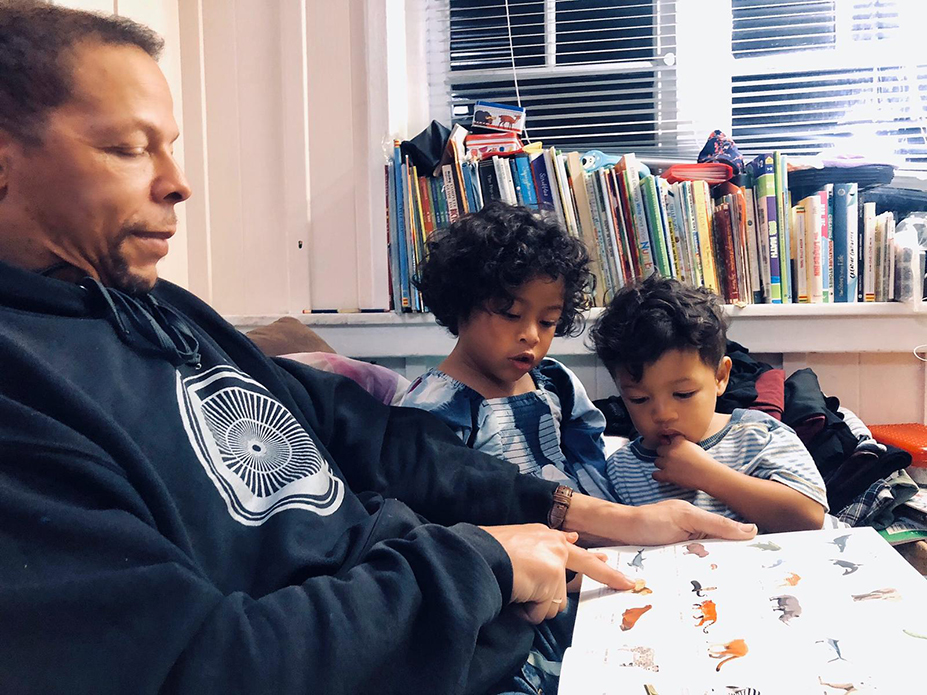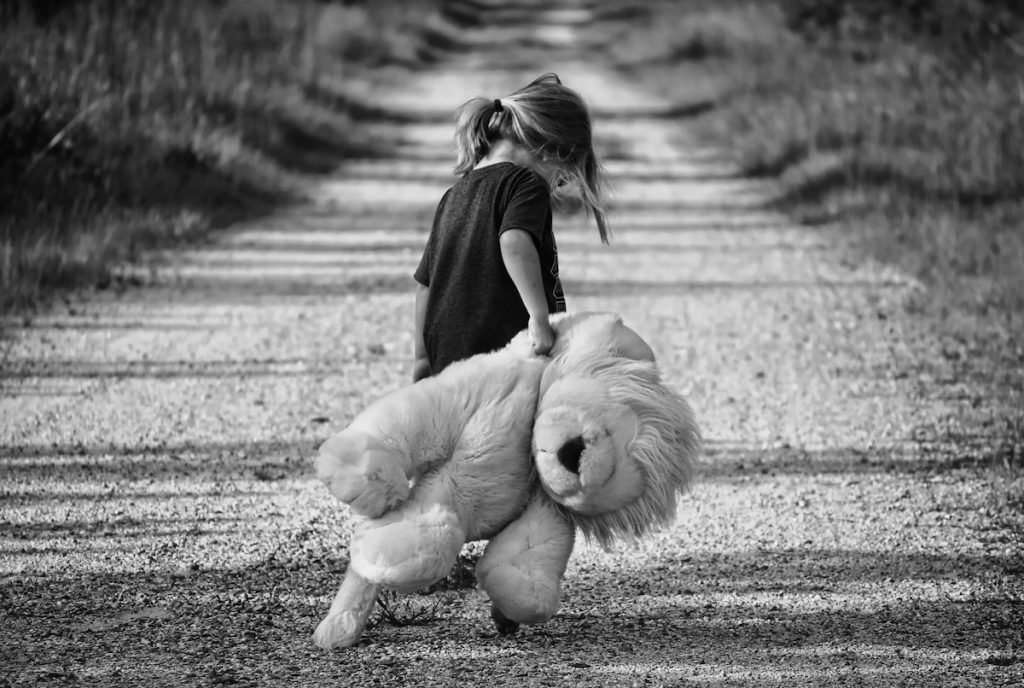Kids are expensive. Everyone was right. They’re expensive if you care about raising considerate, sensitive individuals, and one of the best ways to do this is through books.
Books have always played an important role in our house, even pre-children. As a mixed-race household in America, books make it possible for our kids to learn about diversity, experiences they may encounter, and encourage them to continue exploring everything they are interested in that week, day or minute.
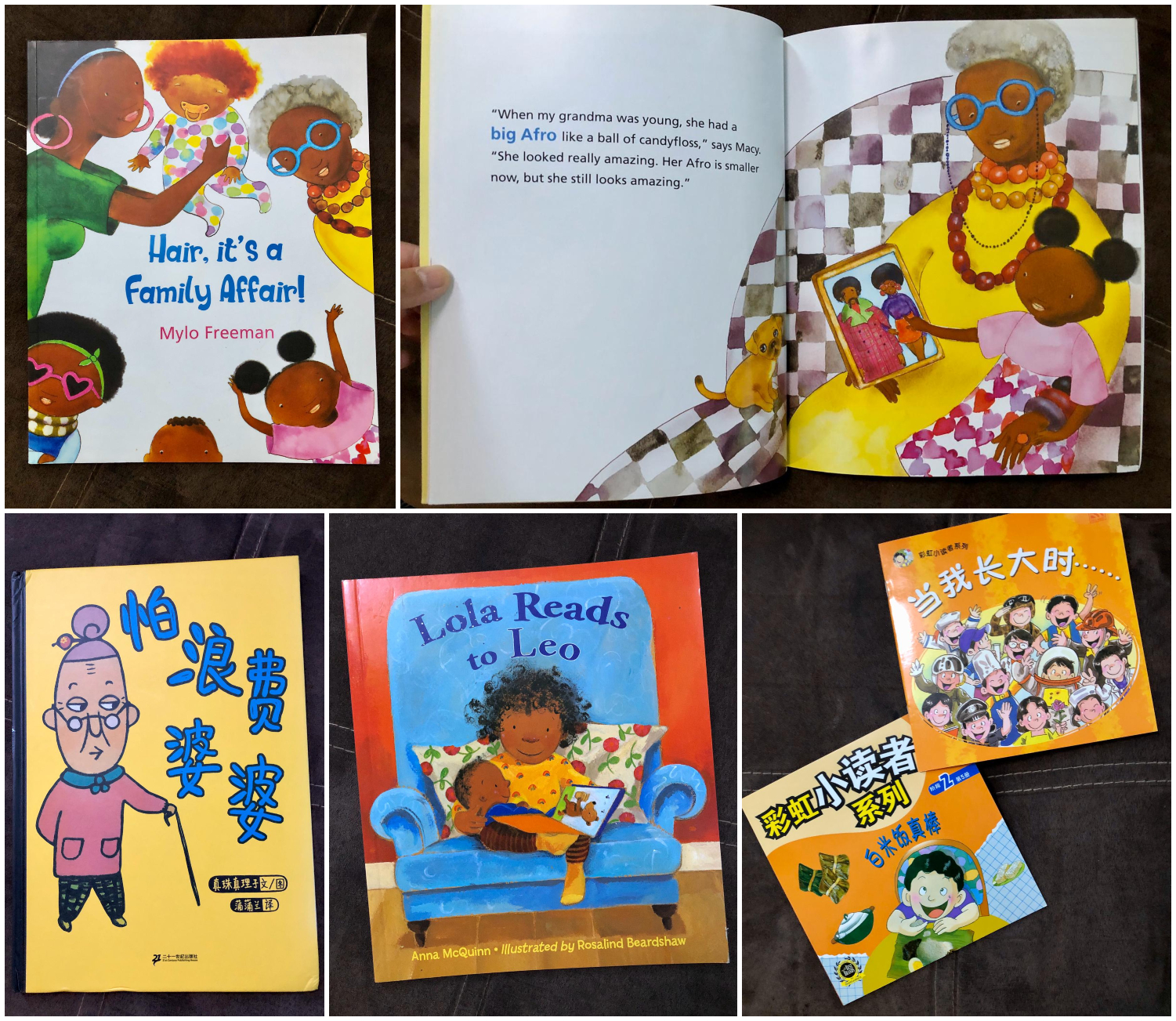
Here are some things we’ve done:
1 For their first birthday, I asked friends to pick the book they thought every person should read at least once, and leave a note in it on how and why it left an impression on them.
At one, kids don’t need anything but their parents reminding they are loved. They don’t need another toy or money. I chose their first birthdays to ask for books, a kickstart to the libraries I believe they will need in order to live as good people building a better society.
2 When I first began building a book collection for my kids, the majority of their books were in English. Only 20% of books were in Mandarin, bought in Singapore and painstakingly lugged back. After connecting with some Chinese mothers living in the US, the pie chart changed and about 70% of our books are now Mandarin books.
We have books about emotions and books about homelessness, books about teeth brushing and books about the human body, all in Mandarin. I made the change because I realized that the children would learn to read in English with little problem and additional encouragement beyond their preschools.
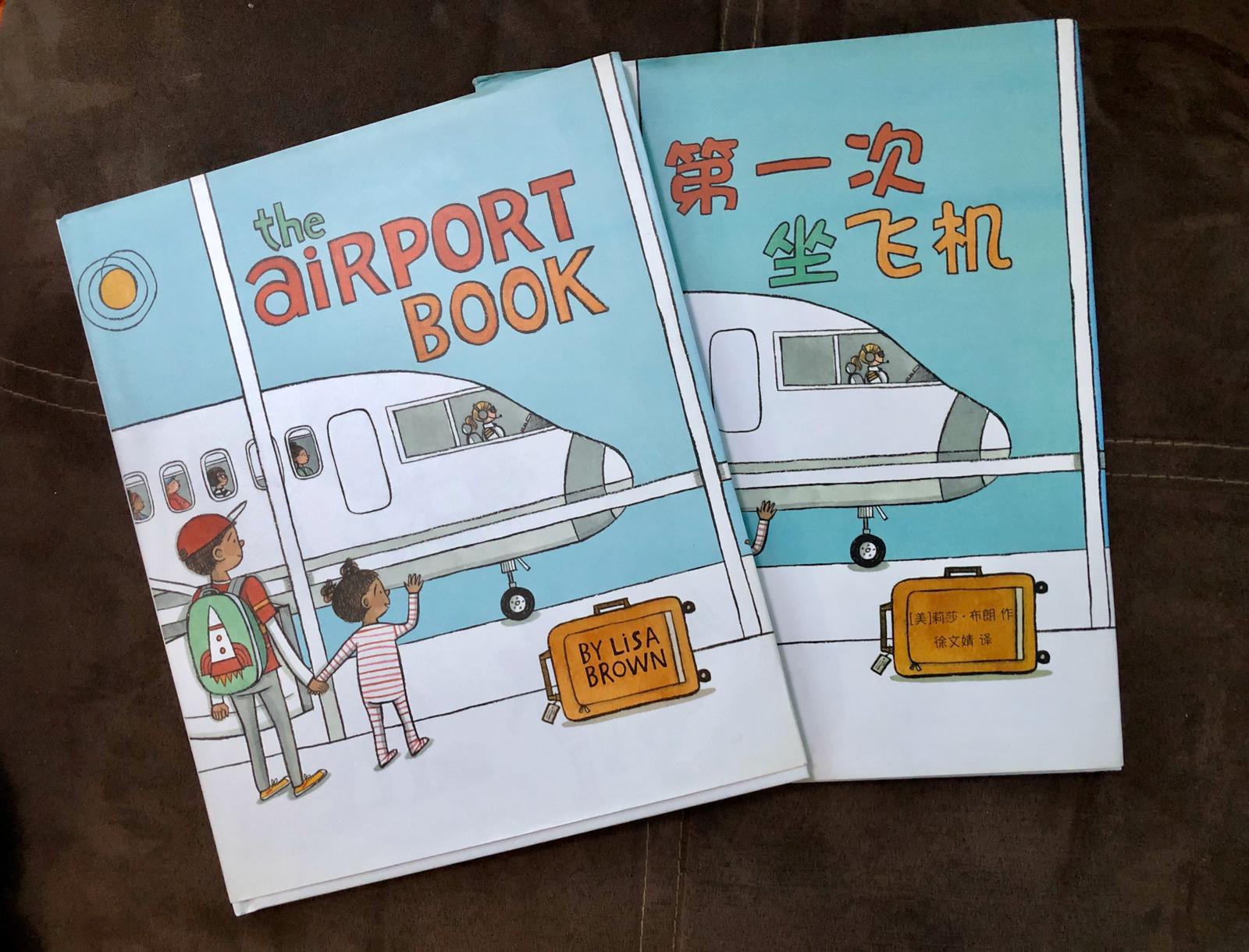
The cost of encouraging a Mandarin reader in America also doesn’t come cheap. With sacrifices and prioritizing, we have spent about $3,000 on Mandarin books. The upside is that these books are easy to sell since most Chinese parents are always on the hunt for more reading material for their children.
I have also chosen to have English, Mandarin and Japanese copies of some of the same books so as to allow the children to experience the same story in different languages.
3 Because my children are still too young to engage in conversations about race, prejudice, cruelty and discrimination in-depth, I have chosen not to have many well-known classics in our house in any language. For example, we do not have Roald Dahl books in our home. Though his works have colourful covers with adorable illustrations to attract kids, his content often includes masked cruelty and violence as well as racism and prejudice.
I am very aware that at a young age, children repeat what they hear. And when they read, they hear the speech in their heads. I have heard from other mothers that their children began adopting a British English accent in America from watching Peppa Pig cartoons, and of course, we all know our kids will repeat the most inopportune things they catch us saying. It becomes only natural that in order to raise children who care about racial bias and inequities, that we do not subconsciously expose them to racial stereotypes. The dark-skinned man is not always up to no good, the “garang-guni” man is not going to take them away. There is no room for casual racism in our house.
Instead, we have books about people of all skin colors, religions and traditions, doing everyday things. We have books that point out differences and unique qualities that are beautiful, and normalize struggles in every type of family. Things are not always easy and it’s important that our children learn that very little is too big for them to handle, and nothing is too hard for a community to overcome.
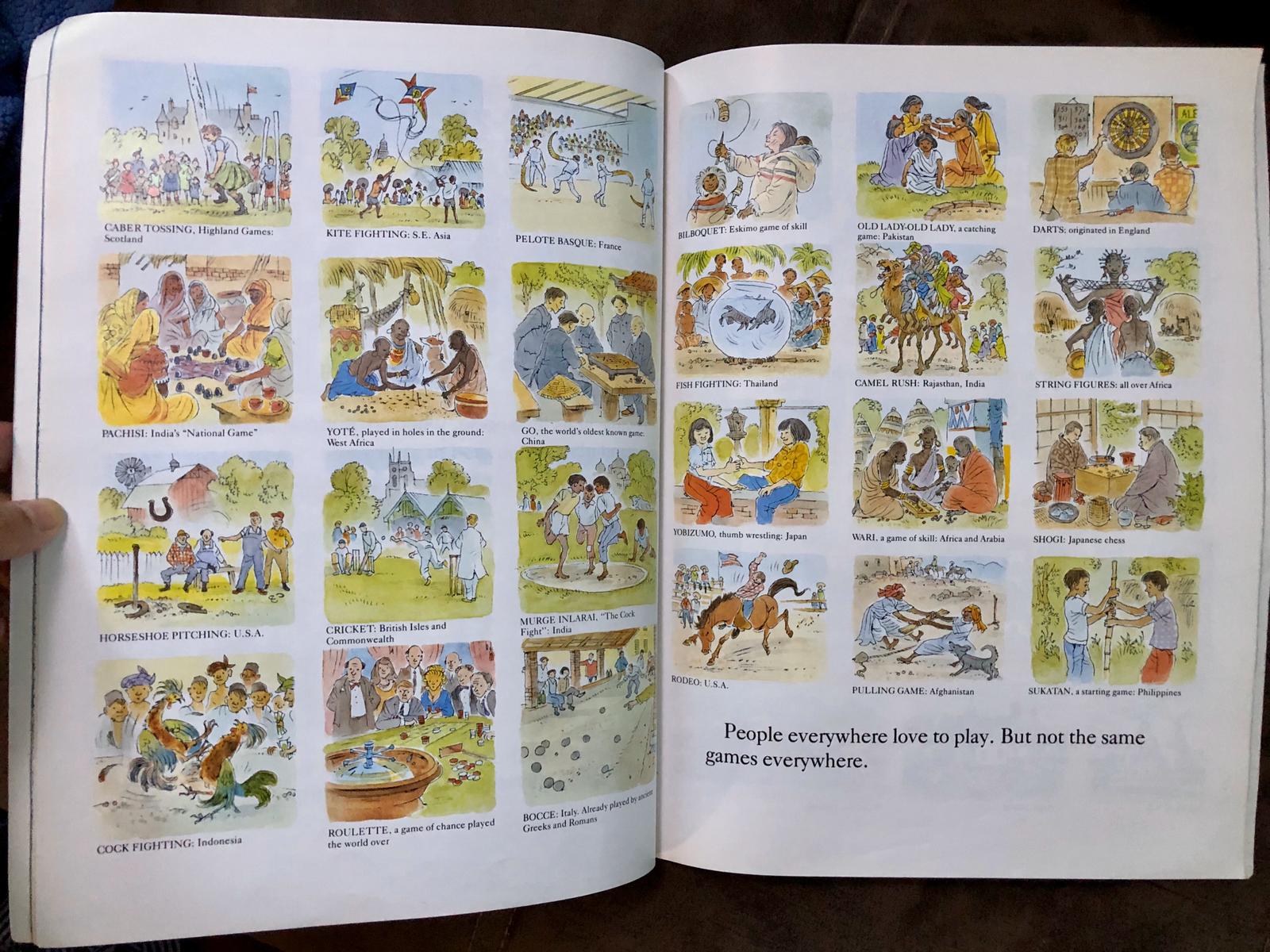
To be honest, I am a content designer in tech. My work involves educating users on how to interact with voice-assisted tech devices such as Alexa and Siri. As a content producer myself, I understand the power I have to design experiences, interactions and the power of speech. I have a moral responsibility not to produce racist content or perpetuate racial stereotypes, and it is the least I can do to audit the content that enters my children’s minds and hearts at such a young age.
4 Books, books, everywhere. For now, my children are encouraged to bring books everywhere. They don’t carry a blankie or a soft toy, they can however bring a book anywhere they wish, as long as they bring it back.
Their preschool works with this same belief. While children cannot bring necklaces, soft toys and other special items, they are allowed to bring a book from home to school if they are labelled with their names. In a world where books have special privileges, we can only hope that they will grow to become adults who turn to a diverse library of books to learn about science, history, and other subjects when they need to find answers for the world.



